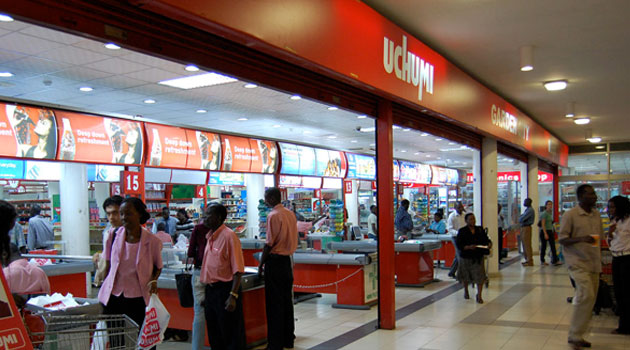The retailer had in December postponed its AGM from December 20, 2017, to a later date ostensibly to allow negotiations with a potential investor who was to pump Sh3.5 billion in Uchumi as part of a turnaround plan/FILE The retailer had in December postponed its AGM from December 20, 2017, to a later date ostensibly to allow negotiations with a potential investor who was to pump Sh3.5 billion in Uchumi as part of a turnaround plan.
The supermarket had said once the negotiations are concluded with the investor, a new date will be set.
However, months later the AGM agenda does not mention any talks about a strategic investor raising red flags of the retailer’s future.
Former Uchumi CEO, Julius Kipngetich, had announced in July 2017 that the retailer was in talks with a strategic investor.
Following Kipngetich resignation in December, Uchumi has closed two strategic branches; Capital Centre on Mombasa Road and the Sarit Centre branch, putting into question the recovery strategy of the retailer.
Uchumi recorded 63 percent increase in losses for the six months that ended December 31, 2017 to Sh895 million compared to Sh547 million recorded same period 2017.
A local daily had reported January that a New York-based private equity fund’s bid for a Sh3.5 billion stake in Uchumi Supermarkets collapsed, putting an Asian investor in pole position to buying the retail chain.
According to Business Daily , Kuramo Capital, which is also the single-largest shareholder of NSE-listed investment firm TransCentury , had since early last year been in quiet negotiations to take over a significant stake in Uchumi.
The PE fund is said to have even gone as far as commencing due diligence on the business and looked all set to pump in the much-needed capital until discussions fell through.Details of the Asian investor, however, remain scanty.The strategic investor capital injection into the retailer was partly to plug the Sh5 billion debt hole the supermarket owes suppliers and financiers.The government has already released Sh1.2 billion to the retailer as part of a bailout loan.
